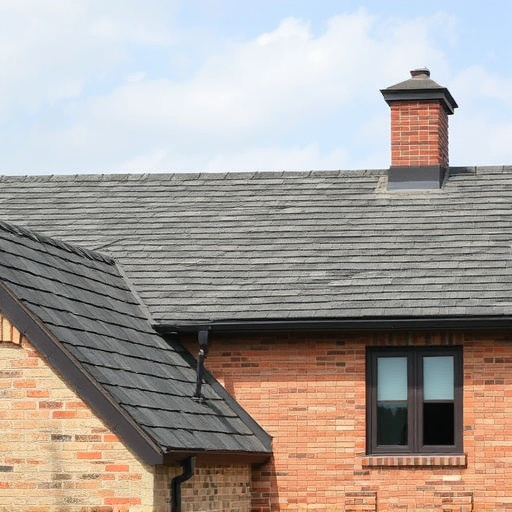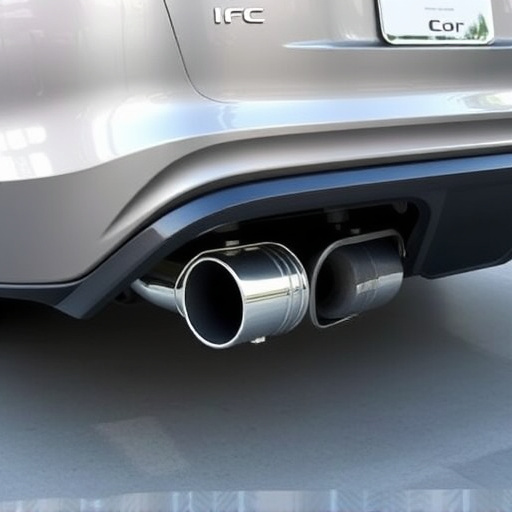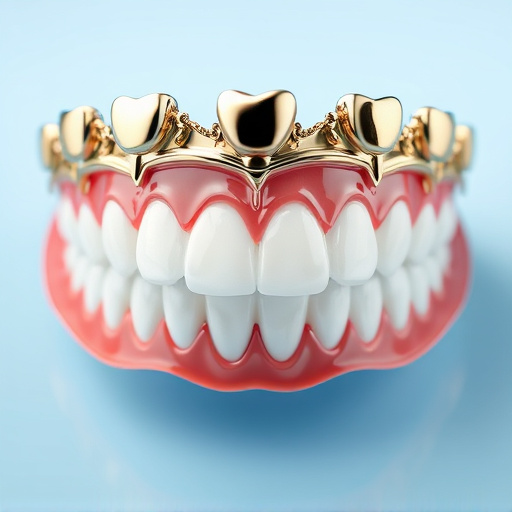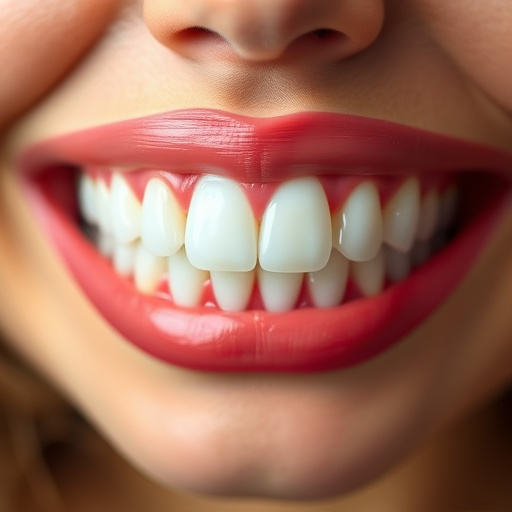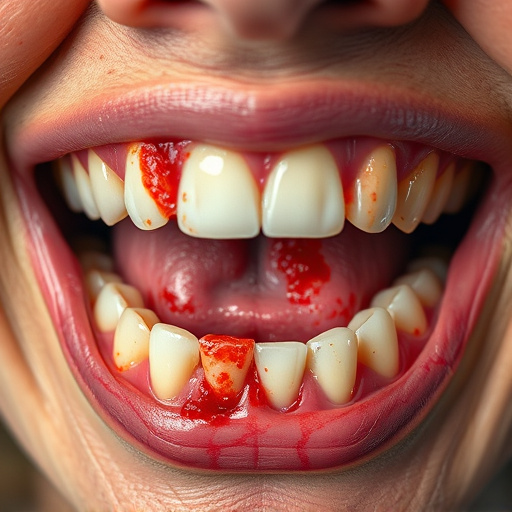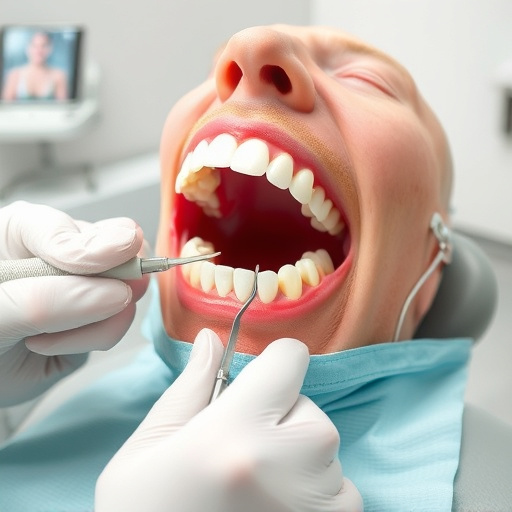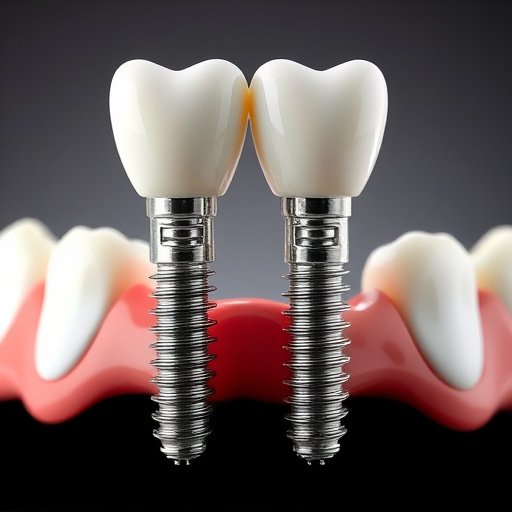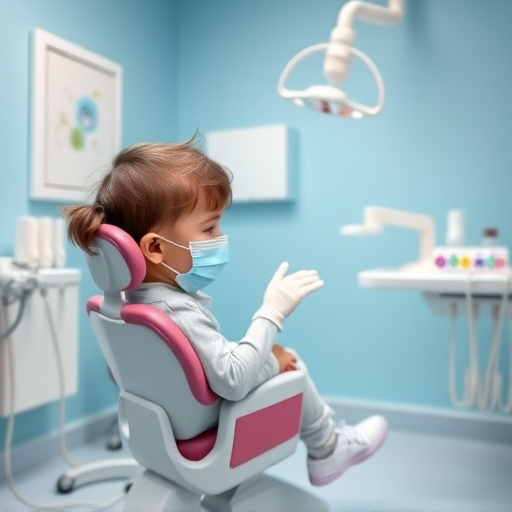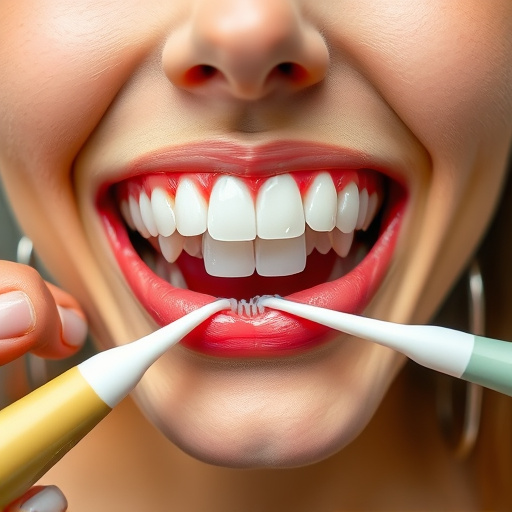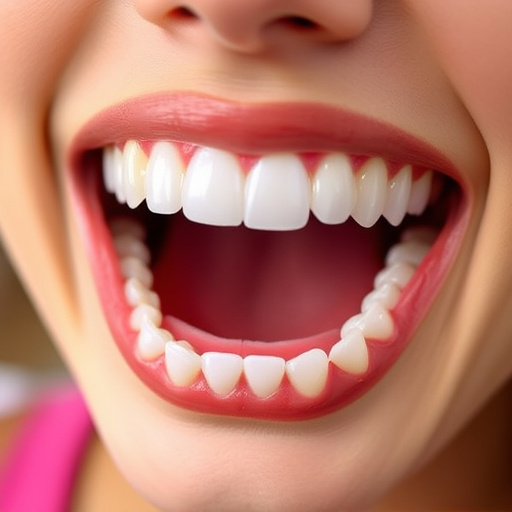Seniors in assisted living face dental challenges like dry mouth, decreased dexterity and mobility, and medication side effects. Tailored solutions include adjusted brushing, specialized products, regular check-ups, cleanings, and cosmetic fillings by family dentistry professionals. A multi-pronged approach also involves mobile dental units, staff training, clear aligners, tailored kits, emergency access, and restorative procedures to ensure optimal dental care for seniors in these facilities. Regular check-ups, staff training on hygiene, nutritional education, and preventive measures further enhance dental care for seniors.
As the population ages, ensuring proper dental care for seniors in assisted living facilities becomes increasingly vital. This article explores the unique dental needs of elderly residents, delving into challenges such as limited mobility and medication side effects that impact oral health. We present practical solutions for healthcare providers to offer quality dental care, including tailored hygiene routines and advanced technologies. Additionally, we outline strategies to improve overall oral health in this vulnerable population.
- Understanding Dental Needs of Seniors in Assisted Living
- Challenges and Solutions for Quality Dental Care
- Strategies to Improve Oral Health in Elderly Residents
Understanding Dental Needs of Seniors in Assisted Living

The dental needs of seniors living in assisted facilities are unique and often more complex than those of their younger counterparts. As people age, they face specific oral health challenges such as dry mouth, decreased salivary flow, and increased sensitivity, which can lead to tooth decay and gum disease. Many elderly residents also have reduced manual dexterity, making it difficult to maintain proper brushing and flossing techniques—essential practices for preventive dentistry. Additionally, certain medications can cause oral side effects, like dry mouth or tooth discoloration, further complicating dental care for seniors.
Understanding these unique challenges is crucial when providing dental care for seniors in assisted living settings. Family dentistry professionals can play a vital role by offering tailored solutions, such as adjusting brushing techniques, suggesting specialized oral care products, and scheduling regular check-ups to monitor oral health closely. Incorporating preventive dentistry measures like professional cleanings and cosmetic fillings when necessary can help maintain the overall well-being of seniors’ teeth and gums, ensuring they enjoy comfortable and functional dentition for years to come.
Challenges and Solutions for Quality Dental Care

Seniors living in assisted facilities often face unique challenges when it comes to maintaining their dental health. These include decreased mobility, limited access to transportation, and potential cognitive impairments, which can make it difficult for them to adhere to proper oral hygiene routines. Additionally, many assisted living facilities may not have on-site dental professionals, making regular dental check-ups less accessible.
To address these challenges, a comprehensive approach is necessary. Regular visits from mobile dental units can provide much-needed care, while specialized training for facility staff on basic oral hygiene techniques can supplement these visits. Implementing innovative solutions like clear aligners and offering easy-to-use dental care kits tailored to seniors’ needs can also enhance their oral health. Furthermore, ensuring quick access to emergency dental care services is crucial, as prompt treatment can prevent small issues from becoming more serious problems for this vulnerable population. Restorative dentistry procedures should be readily available to restore the natural beauty and functionality of their smiles.
Strategies to Improve Oral Health in Elderly Residents

Maintaining optimal oral health can be a significant challenge for elderly residents in assisted living facilities. Implementing tailored strategies is essential to meet their unique needs. One effective approach involves regular dental check-ups, including comprehensive examinations and preventive measures like fluoride treatments and dental cleanings. Staff training is crucial; they should learn proper oral hygiene techniques and the importance of encouraging residents to brush twice daily with age-appropriate toothbrushes.
Additionally, assisted living communities can incorporate educational programs about nutrition, emphasizing the link between dietary choices and dental health. Soft foods and alternatives to hard or sticky treats can aid in preventing tooth decay and gum disease. Encouraging residents to avoid excessive sugar intake and providing access to water can further support their oral well-being. These strategies, combined with consistent dental cleanings and prompt attention to any signs of pain or infection, will go a long way in enhancing the dental care for seniors in these facilities.
Dental care for seniors living in assisted facilities is a critical aspect of their overall well-being. By understanding the unique dental needs of this population, addressing challenges through tailored solutions, and implementing effective strategies, we can significantly improve oral health outcomes for elderly residents. Investing in comprehensive dental care not only enhances quality of life but also underscores the importance of holistic care in senior living communities.
